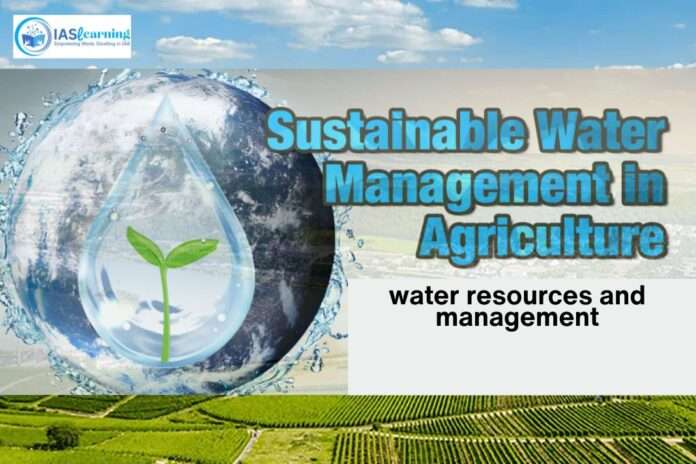Table of Contents
Introduction to Water Resources and Management
Water, the essence of life, is a finite resource that sustains all living organisms on Earth. It plays a pivotal role in agriculture, industry, and daily life, making it a precious commodity. In this article, we will explore the intricate web of water resources and management, addressing the challenges, strategies, and the collective responsibility we all bear in preserving this invaluable resource.
Understanding Water Resources and Management
Types of Water Resources
Water resources encompass various sources of water, including freshwater, saltwater, and groundwater. Freshwater, found in lakes, rivers, and aquifers, is the most vital for human consumption and irrigation.
The Importance of Freshwater
Freshwater constitutes only a small fraction of the Earth’s water, making up approximately 2.5% of the total. The rest is saline, primarily in the oceans. The availability of freshwater is crucial for agriculture, drinking water, and industrial processes.
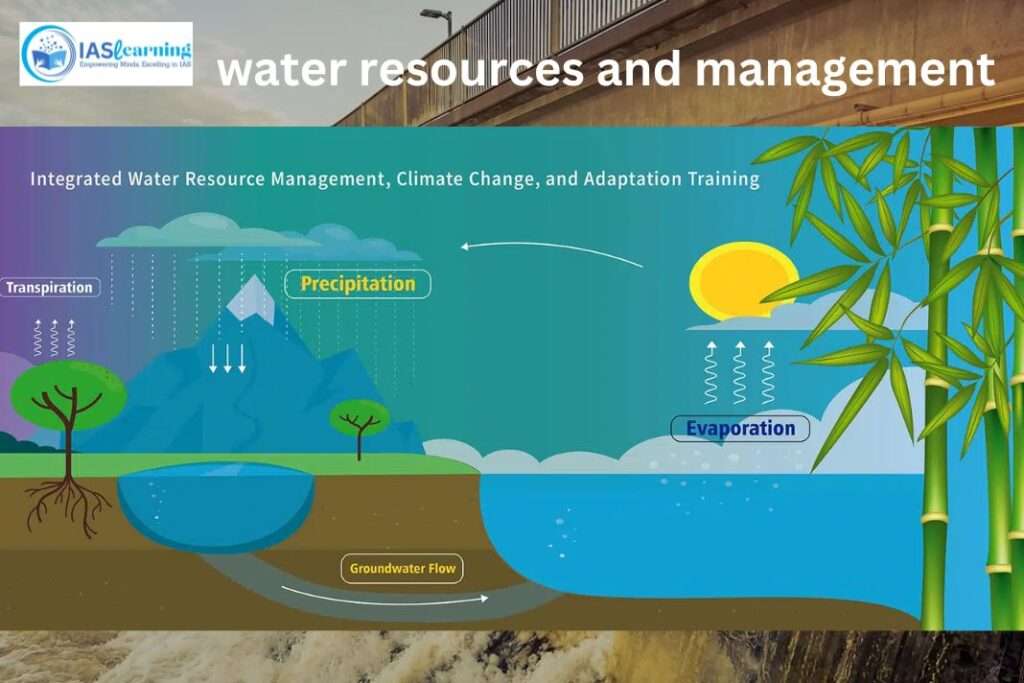
Challenges in Water Resources and Management
Pollution and Contamination
The pollution of freshwater sources with chemicals, heavy metals, and microplastics poses a significant threat to human health and ecosystems. Effective wastewater treatment and pollution control measures are essential.
Over-Extraction and Depletion
The excessive withdrawal of groundwater and surface water for irrigation and industrial purposes can lead to aquifer depletion and reduced river flow, causing ecological imbalances.
Climate Change Impacts
Changing weather patterns and increased droughts or floods due to climate change further stress water resources. Adaptation strategies are necessary to mitigate these effects.
Effective Water Resources and Management Strategies
Conservation and Efficiency Measures
Conserving water through efficient household practices and agricultural techniques can significantly reduce demand and waste.
Sustainable Agriculture Practices
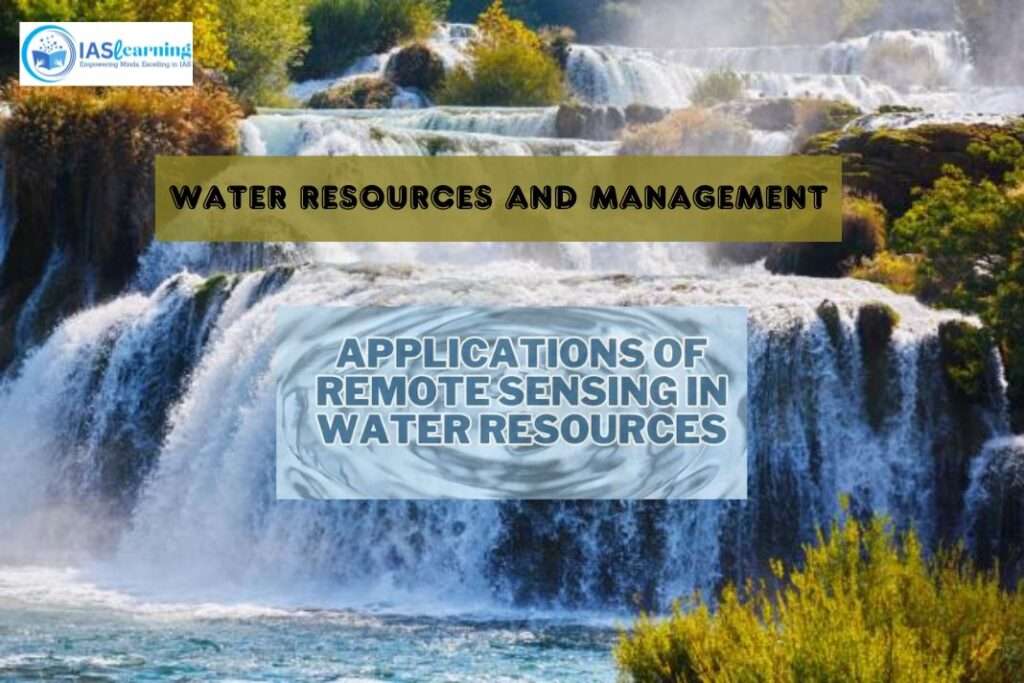
Implementing precision agriculture, drip irrigation, and soil moisture monitoring helps reduce water use in farming.
Infrastructure Development
Investing in modern water infrastructure, such as dams and reservoirs, can help store and distribute water efficiently.
Legal and Regulatory Frameworks
Effective laws and regulations are essential to manage water resources sustainably, ensuring equitable access and preventing overuse.
The Role of Individuals and Communities on Water Resources and Management
Water Conservation at Home
Simple actions like fixing leaks, using low-flow fixtures, and reducing water waste in daily activities can contribute to water conservation.
Community-Based Water Projects
Communities can initiate water-saving projects like rainwater harvesting, reforestation, and educational programs to raise awareness.
The Global Perspective on Water Resources and Management
International Cooperation
Countries must collaborate to manage transboundary water resources, fostering peace and sustainable development.
Water Scarcity Hotspots
Identifying regions facing severe water scarcity helps direct resources and support to those in need.
Technological Innovations in Water Resources and Management
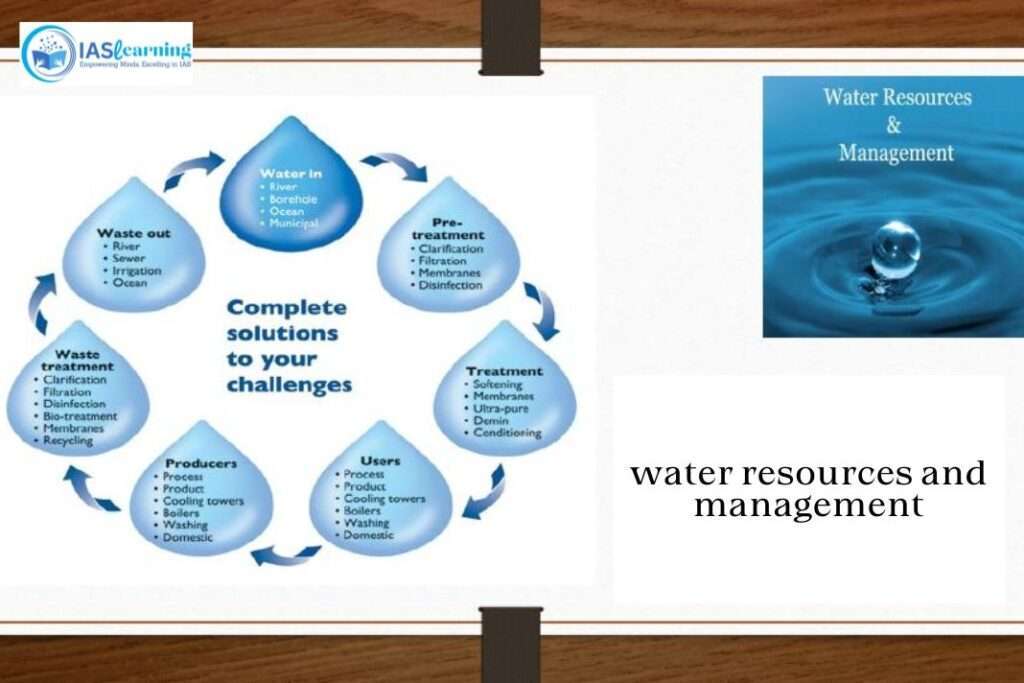
Advanced Water Treatment
Cutting-edge treatment technologies ensure the provision of safe and clean water.
IoT and Data Analytics
The Internet of Things (IoT) and data analytics enable real-time monitoring and management of water systems.
Balancing Economic and Environmental Needs
Water and Industry
Industries must adopt eco-friendly practices to reduce their water footprint while maintaining profitability.
Protecting Ecosystems
Preserving natural habitats and aquatic ecosystems is crucial for maintaining a healthy balance.
Future Trends in Water Resources and Management
Desalination and Water Recycling
Innovations in desalination and water recycling technologies promise a sustainable water future.
Smart Water Grids
Implementing smart grids enhances water distribution efficiency and reduces waste.
Conclusion
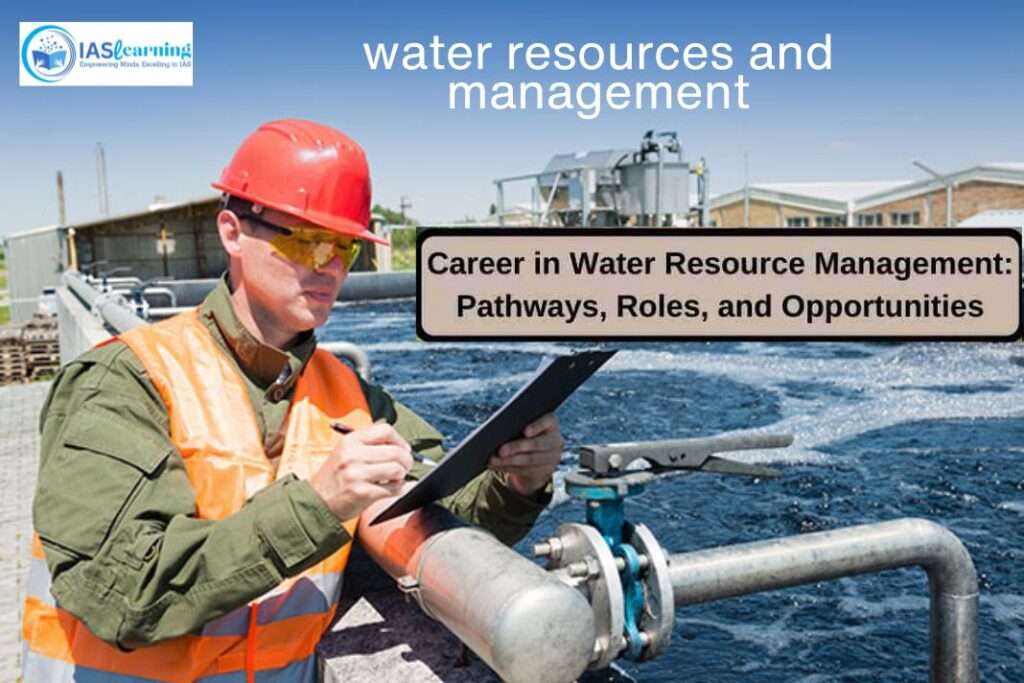
In conclusion, the management of water resources is a multifaceted challenge that requires collective efforts at all levels. By understanding the significance of freshwater, addressing pollution, adopting sustainable practices, and embracing technological advancements, we can ensure a sustainable water future for generations to come.
Frequently Asked Questions
- What is the biggest threat to Water Resources and Management worldwide?
- Pollution and contamination pose significant threats to water resources globally.
- How can individuals contribute to Water Management ?
- Individuals can conserve water by fixing leaks, using water-saving appliances, and reducing wasteful habits.
- What is the role of international cooperation in Water Management?
- International cooperation is vital to manage shared water resources and prevent conflicts.
- What are some innovative technologies inWater
- Management?
- Advanced water treatment and IoT-based monitoring are among the innovative technologies in water management.
- What is the future of Water Resources and Management?
- The future of water management lies in desalination, water recycling, and smart grid technologies.


